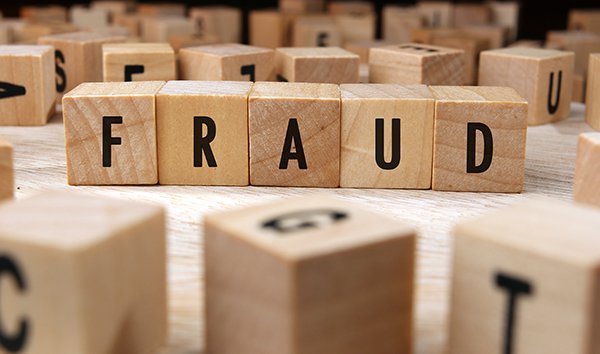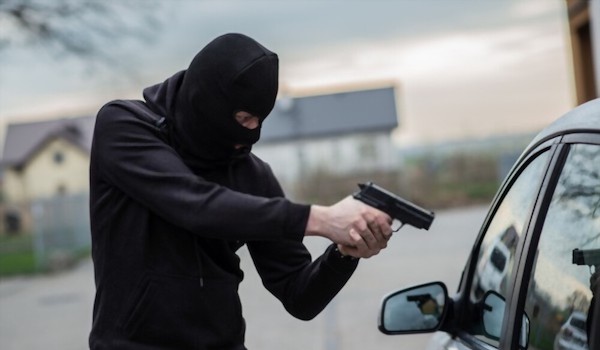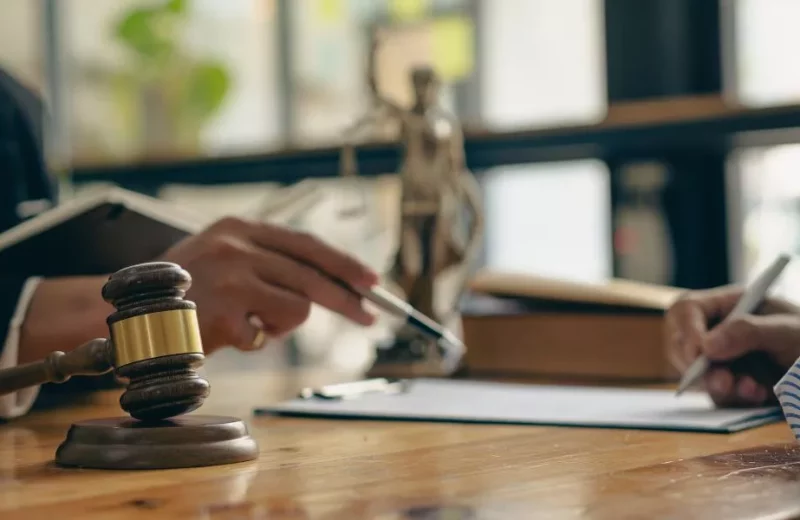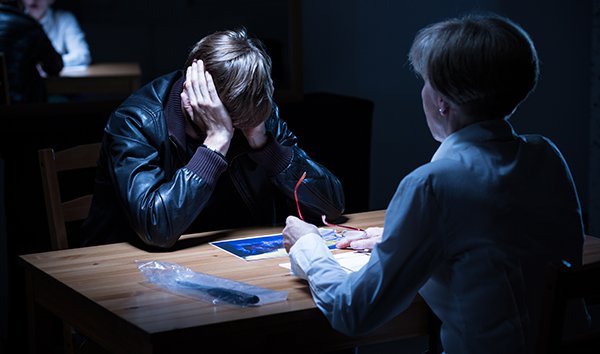Child Pornography & Luring Defence Lawyer in Toronto

Toronto Lawyers for Child Pornography Charges
Charges relating to child pornography and internet luring are among the most devastating a person can face.
The stigma of even being investigated for such an offence is often enough to result in earth-shattering consequences for a person’s personal and professional life. Charges are broken down into categories of accessing child pornography, possession of child pornography, distribution or publishing of child pornography, and making child pornography. These charges are often related to the offence of internet luring, where someone is accused of contacting a minor online for the purposes of committing an offence of sexual assault or sexual interference.
Recent amendments to the Criminal Code have introduced mandatory minimum sentences of 90 days or more for offences in these categories. If you are facing charges of this nature, it is essential that you hire a lawyer who is dedicated to confidentially and professionally navigating the complexities of such a case. At Bytensky Shikhman, our criminal lawyers have extensive experience with this very difficult area of the law. We are adept at defending these cases in every available way, which can include attacks on the legality of search warrants. Our office has access to leading computer and technology experts who are experienced in analyzing digital data to explain the innocent existence of child pornography on discs, hard drives, or in browser cookies.
Where a client admits to being involved in a child pornography or internet luring offence, we have access to the best and most experienced psychologists, psychiatrists and counselors who assist our clients in diagnosing and treating pedophilia. Often, this expertise and our attention to every detail is the difference between a crippling sentence and a genuine opportunity for rehabilitation.
ADDITIONAL RESOURCES
Podcasts About Child Pornography & The Law
- Child pornography or art?– with Edward Prutschi on News Talk 1010
FAQ
What is child luring?
According to s. 172.1 of the Criminal Code, child luring occurs when a person:
- Communicates using a computer or other form of electronic communication;
- With someone the person knows or believes to be under the legal age;
- For the purpose of facilitating the commission of a specified offence.
Some of the specified offences include sexual offences such sexual exploitation, sexual interference, making, accessing, or distributing child pornography, and prostitution of a person under 18 years old, as well as the abduction of a person under sixteen or fourteen years of age.
What is entrapment?
Generally, police cannot provide someone an opportunity to commit a crime if they do not suspect that the person is already engaged in crime. It is entrapment for police to provide a person with an opportunity to commit an offence without a reasonable suspicion that the person is engaged in illegal activity unless the police are doing so as part of a ‘bona fide inquiry’. It is a bona fide inquiry if police:
- Reasonably suspect crime is occurring in a precise area (for example, a specific street corner or section of a website); AND
- Have a genuine purpose of investigating and repressing crime
Police are never permitted to induce an offence.
I am charged with luring, but I was tricked by an undercover officer…was it entrapment?
The answer will depend on the specific tactics used by the police in your case. It is a common technique for police investigating child sexual offences, to post ads for sexual services on websites where they suspect commercial sexual activity is occurring. When individuals respond to the ads, an undercover officer posing as an underage girl or boy will offer to provide sexual services. The Supreme Court of Canada recently found that an investigation that used this technique and ultimately led to the arrest of 104 men, was not entrapment. You will need to consult with an experienced criminal defence lawyer to determine if the police investigation that led to your arrest crossed the line into entrapment.
What are some common defences to possessing child pornography?
Because child pornography investigations usually involve search warrants for the accused person’s home and electronic devices, a common defence is to challenge the validity of the search warrant or the way the police conducted the search. If your lawyer can establish that the warrant was not valid or that your Charter rights were infringed during the search, you can apply to have the evidence obtained during the search excluded from your trial.
Your lawyer may also be able to argue that you did not know you had child porn images on your computer, because, for example, you were not the only person with physical access to the computer, your computer was operating on an unsecured or shared network, or your computer was infected with malware. It may also be possible for your lawyer to argue that you believed the individual depicted was over the 18 or that the images had a legitimate purpose related to science, medicine, education or art. It is best to consult with an experienced lawyer to determine which defences may be available to you.
Don’t delay – contact an experienced criminal defence lawyer with decades of experience to have the best chance of winning your case.
call us 24/7
Legal Practice Areas
Sexual Assault Lawyer
White Collar Crime & Fraud Lawyer
Murder Defence Lawyer in Toronto, Ontario
Fail to Remain Defence Lawyer in Toronto, Ontario
Toronto’s Defence Lawyer for Dangerous Driving Charges
Toronto’s Trusted Criminal Harassment Defence Lawyer
Adept Defence Lawyer for Court Order Breaches
Experienced Assault Lawyer in Toronto, Ontario
Academic & Professional Tribunals Defence Lawyer
Criminal Appeal Defence Lawyer in Toronto
Domestic Assault Charges Lawyer in Toronto, Ontario
Homicide & Manslaughter
DUI Lawyer / Impaired Driving
Drug Possession Charges Defence Lawyer in Toronto, Ontario
Toronto’s Defence Lawyer for Criminal Code Offences
Young Offenders
Experienced Lawyer for Property Offenses
Skilled Defence Lawyer for Sexual Assault Charges
Our Criminal Defence Lawyers

Boris Bytensky LL.B

Sonya Shikhman LL.B

Brittany Smith J.D.

Kathryn Doyle J.D.
Don't Let A Criminal Charge Destroy Your Life
Our service area
Get 1 Free Hour Consultation!
Register with us to schedule a free consultation
What Clients Say About Us?



























